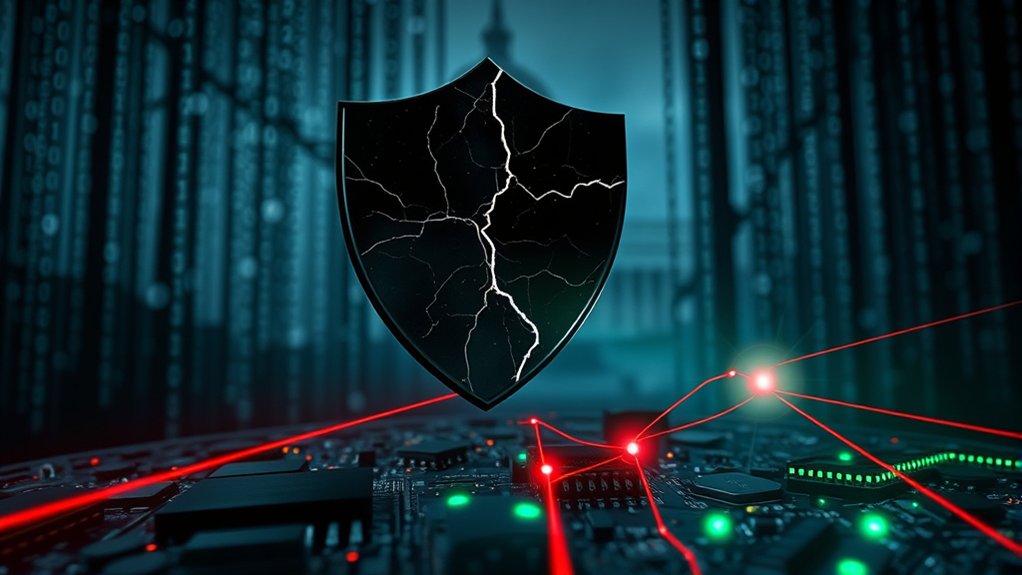Iran has increasingly employed its advanced cyberwarfare capabilities to target critical infrastructure, raising concerns about the security of Israel’s missile defense systems. The Iranian government has developed specialized units focused on state-sponsored cyber operations, particularly aimed at espionage and disruption.
Iran’s advanced cyberwarfare capabilities pose a growing threat to Israel’s missile defense systems, emphasizing the urgency for enhanced cybersecurity measures.
Although these efforts have historically been more about disinformation rather than large-scale destruction, they signal a worrying trend as Iranian cyber capabilities evolve. Recent attacks on Israeli banks and media highlight the potential for broader targets and a more aggressive cyber posture against Israel.
Israel’s missile defense architecture is multilayered, comprising systems such as Iron Dome, David’s Sling, and the Arrow. Each of these systems is designed to detect and intercept various types of missiles, with a focus on civilian protection. Nevertheless, because of the interconnected nature of these digital systems, vulnerabilities to sophisticated cyber threats persist. Although there are currently no open-source confirmations of Iranian cyber intrusions directly disabling Israel’s missile defenses, experts argue that hacking into air defense systems remains an imminent threat. Operation launched to address these vulnerabilities underscores the urgent need for resilient cyber defenses.
The ongoing cyber skirmishes between Iran and Israel are emblematic of a larger conflict. Cyberattacks are increasingly utilized alongside kinetic strikes to induce confusion and fear. Pro-Iranian hacktivist groups are likewise employing social media to threaten regional allies’ critical infrastructure. In light of these adversities, Israel maintains a strong response through its intelligence and cyber units, such as Unit 8200, tasked with countering Iranian infiltration attempts.
Moreover, successful cyber intrusions could critically disrupt the operations of Israel’s missile shield by compromising detection, tracking, and interception protocols. A failure to guarantee data integrity could facilitate the manipulation of targeting information, potentially leading to catastrophic failures in interception capabilities. As Iran possesses over 3,000 ballistic missiles and continues to advance its cyberwarfare strategies, the implications for the security of Israel’s defenses only grow more pronounced, necessitating vigilant cybersecurity measures and continual system evaluations to safeguard against such threats.









